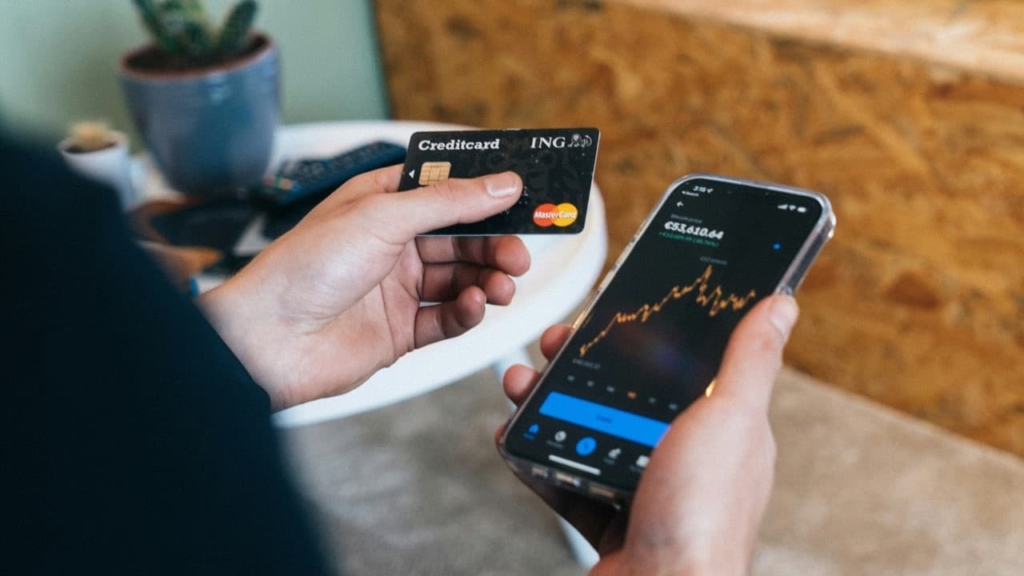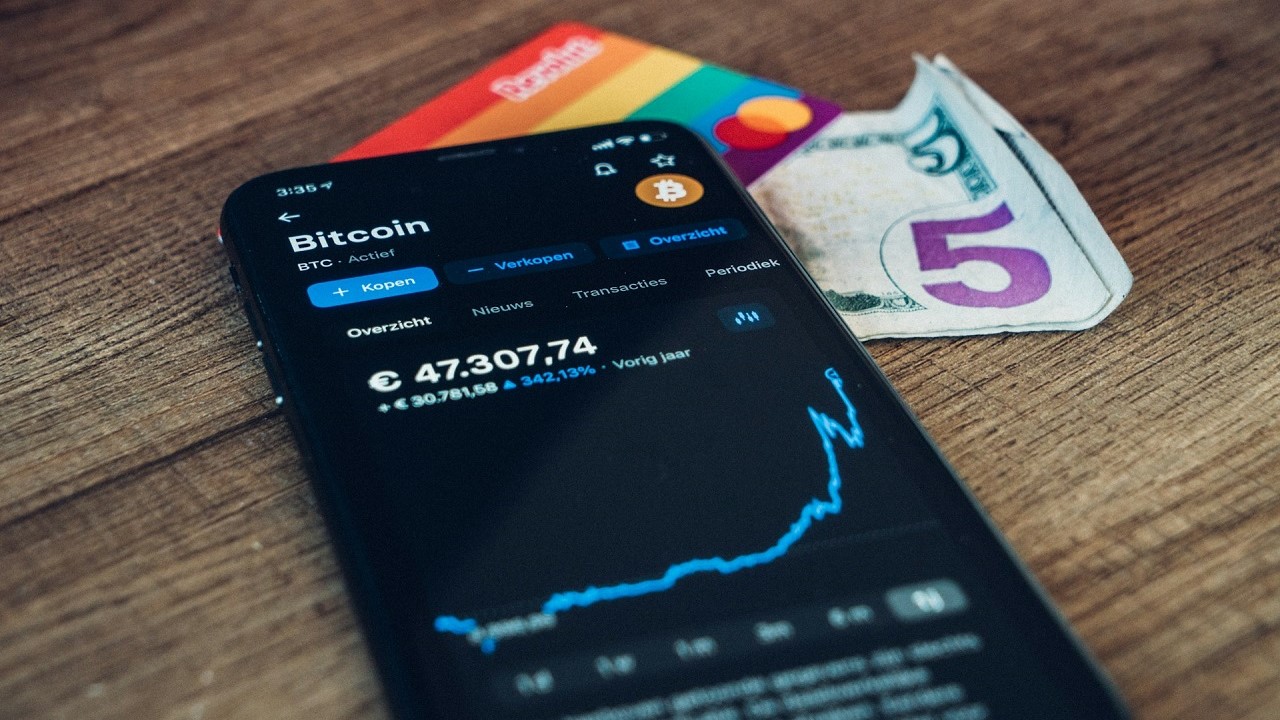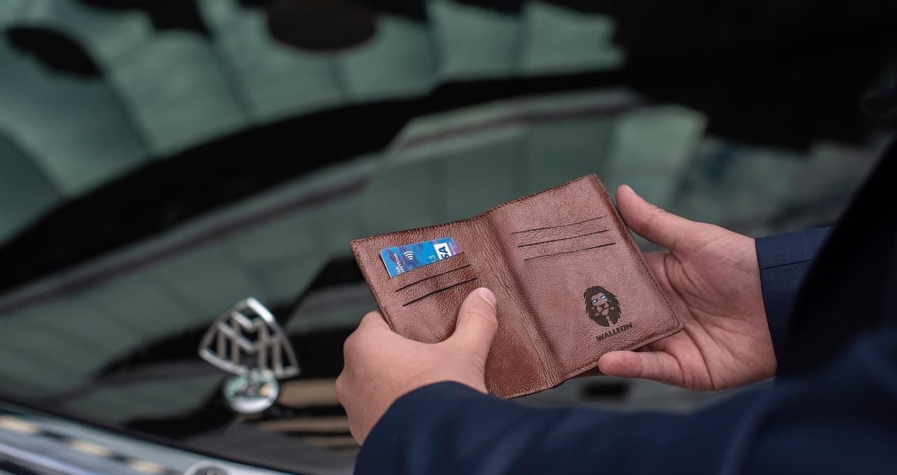Crypto is popping up everywhere nowadays if you’ve been online even a bit you’ve probably seen all the hype! Some people call it “the future of money,” while others think it’s just hype. But here we are in 2025, and crypto is still going strong. In fact, it’s becoming a part of everyday life in ways you might not even realize — from buying stuff online to sending money to friends across the world, and even inside video games. How cool is that?
By the end of this guide, you’ll understand what cryptocurrency is, how it works, the main types, and some easy tips to get started. Think of it as your straightforward intro to digital money.
What is Cryptocurrency? (Simple Definition)
Cryptocurrency is basically digital cash. But it is not like the cash you have in your bank account that is managed by a bank or government. Cryptocurrency is on something called blockchain technology, which is basically a massive public notebook that records every single transaction.
The idea is simple: no one person controls it, no one person can “erase” it, and anyone can check the record. And that’s why people trust crypto. It is open, transparent, and without borders.
How Does Cryptocurrency Work?
Now let’s simplify it. Imagine a spreadsheet that’s copied thousands of times across computers all over the world. That’s basically blockchain. Every time someone sends or receives crypto, the transaction gets added to this giant record book, and everyone can see it.
There are two main ways transactions get verified:
- Proof of Work (mining): Computers solve tough puzzles (like Bitcoin).
- Proof of Stake: People “lock up” coins to help keep the system secure (Ethereum switched to this, making it way greener).
In 2025, most new projects lean toward Proof of Stake or other eco-friendly systems, since the world’s paying closer attention to energy use.
The Different Types of Cryptocurrencies
Not all cryptos are the same. Here are the big categories:
- Bitcoin (BTC): The granddaddy of crypto. Everyone knows it, everyone talks about it. People even call it as “digital gold” because it’s the classic go-to for storing value.
- Ethereum (ETH): The busy bee of crypto. It does more than just money stuff. It runs smart contracts, powers most DeFi apps, and basically keeps the crypto world buzzing.
- Stablecoins (USDT, USDC): The reliable friend who never freaks out. These coins are tied to the US dollar or other stable assets, so they don’t jump up and down like Bitcoin. Think of them as the “cash” of crypto you can count on.
- Meme Coins (Dogecoin, Shiba Inu, PEPE): The class clowns of crypto. They started as jokes. But somehow built huge, passionate communities and even made some people serious money along the way.
- CBDCs: Central Bank Digital Currencies. Governments (like China and even the EU) are working on these as their own “official” cryptos.
What Can You Actually Do With Cryptocurrency?
So you have some crypto sitting in your wallet and you are wondering what you can actually do with it.

Here is the fun part:
- Buy things online Many stores now accept Bitcoin, Ethereum and even stablecoins. From gadgets to gift cards you can actually spend it.
- Invest or trade Some people just buy and hold, while others treat it like the stock market and trade daily.
- Earn passive income With DeFi and staking you can make your coins work for you by lending or locking them up for interest.
- Gaming and NFTs Play to earn games, digital collectibles and owning in game assets are becoming very popular.
- Send money worldwide If you need to send cash abroad crypto often beats banks by being faster, cheaper and without middlemen.
At the end of the day crypto is not just about chasing profits. It is about freedom, speed and having money that works globally.
Benefits of Using Cryptocurrency
Here’s why people love it:
- No middlemen: You can send money directly, no bank approvals.
- Low fees (usually): For cross-border transfers.
- 24/7 availability: Crypto never sleeps.
- Transparency: You can literally check transactions on the blockchain.
- Financial freedom: Especially powerful in countries with unstable banks.
Risks and Challenges to Know in 2025
But hey, it’s not all rainbows. You should also know the risks:
- Volatility: Prices can swing like crazy. One day up, next day down.
- Scams & hacks: Fake projects and phishing scams are everywhere.
- Regulation: Governments keep changing the rules.
- Environmental issues: Proof of Work coins like Bitcoin still face criticism over energy use.
Moral of the story: don’t put in money you can’t afford to lose.
Is Cryptocurrency Legal? (2025 Snapshot)
Whether crypto is legal or not really depends on where you live. In the U.S. and across Europe, it is legal but comes with a lot of rules. Taxes are a big part of it, so you cannot ignore them.
In India, crypto is also allowed, but the government has put strict taxes in place. It is not banned, but it does not come easy either.
The UAE on the other hand is very friendly toward crypto. The country is quickly becoming a global hub where companies and investors feel welcome.
China still keeps public crypto trading banned. At the same time, the government is pushing its own digital currency instead.
So before you jump in, always check the rules in your own country. What is fine in one place can be risky in another.
How to Buy Cryptocurrency Safely
Buying crypto is easy now, but safety is key.
- Pick a reliable exchange (Coinbase, Binance, Kraken, or a local one in your country).
- Get a wallet. Hot wallets are apps (like MetaMask), while cold wallets are hardware devices that keep your coins offline (safer).
- Enable security. Always use 2FA and never share your private keys.
Rule #1: If it sounds too good to be true, it probably is.
The Future of Cryptocurrency in 2025 and Beyond
So where is crypto headed?
It is becoming more normal in everyday life. Big companies and banks are using it, which means more ways to pay, invest, and use digital money.
And crypto ETFs are making it easier for people like us to invest without being a trading expert.
AI and blockchain are helping make crypto safer and smarter. From automatic trading tools to better fraud detection, technology is improving how we manage digital assets.
And now governments are also introducing digital currencies, called CBDCs. This makes digital money more accessible and trusted for all.
At the end of the day, it is not about if crypto will stay. It is about how much it will be part of your everyday life, from shopping and sending money to investing and playing games.
Wrapping It Up
In summary, crypto is no longer just a buzzword—it’s part of how money works now. Whether you’re buying your first Bitcoin, sending money to family far away, or just exploring NFTs for fun, there’s a place for you here.
Just remember, crypto can be exciting but also unpredictable. It’s not without risks, so take it slow, learn the basics, and move step by step. Who knows? Maybe in a few years, you’ll be telling people, “I got into crypto back in 2025.” 😉
Disclaimer: All information provided on Fomotalks.com is for informational purposes only. It should not be considered financial advice. Always do your own research before investing in cryptocurrencies.



